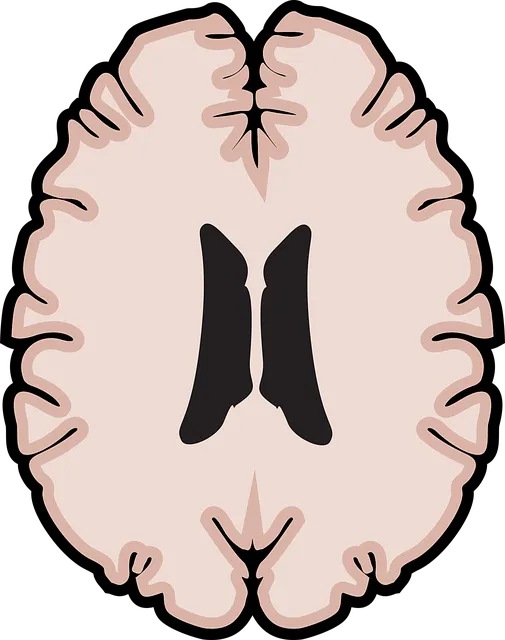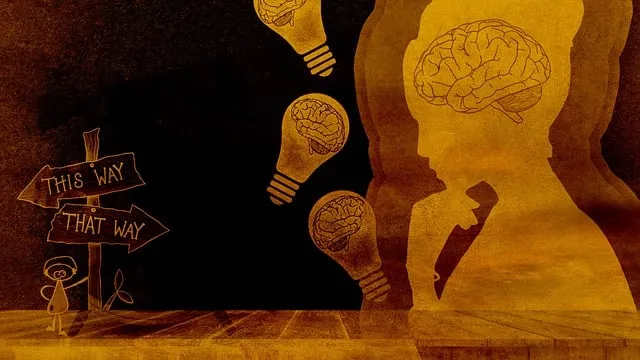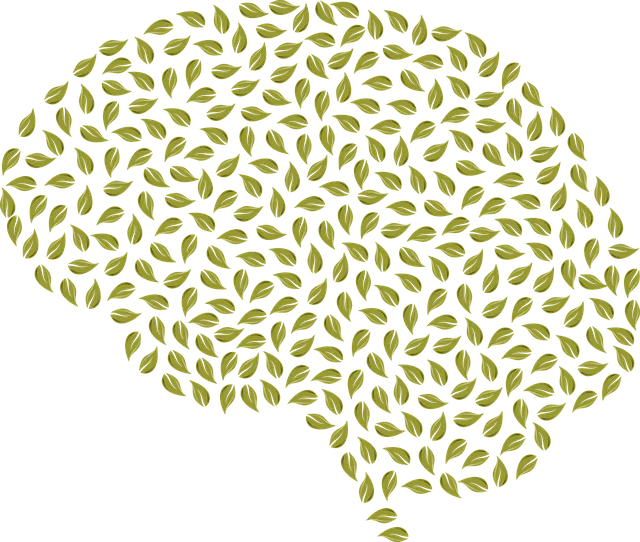Wheat Ridge Kaiser Permanente behavioral health services promotes Emotional Intelligence (EI) as a powerful tool for enhancing communication, relationships, and crisis intervention. Their holistic approach emphasizes self-awareness, empathy, and social skills development through programs like Compassion Cultivation Practices, Stress Management Workshops, and Mental Health Education. By cultivating these emotional intelligence components, individuals improve relationships, manage stress, and provide better support during crises.
Emotional intelligence (EQ) is a powerful tool for personal and professional growth. Understanding EQ involves recognizing its role in effective communication, decision-making, and relationship building. This article explores various aspects of emotional intelligence development, highlighting the innovative approaches offered by Wheat Ridge Kaiser Permanente Behavioral Health Services. We’ll delve into strategies for enhancing self-awareness, fostering empathy, and cultivating social skills, all essential components of a holistic EQ-building journey.
- Understanding Emotional Intelligence: The Foundation of Effective Communication
- Wheat Ridge Kaiser Permanente Behavioral Health Services: A Holistic Approach to EQ Development
- Strategies for Enhancing Self-Awareness: The First Step Towards Emotional Intelligence
- Building Empathy and Social Skills: Navigating Relationships with Emotional Intelligence
Understanding Emotional Intelligence: The Foundation of Effective Communication

Emotional intelligence (EI) forms the bedrock of effective communication, and understanding its nuances is paramount for anyone seeking to enhance their interpersonal interactions. At Wheat Ridge Kaiser Permanente behavioral health services, professionals emphasize that EI involves recognizing and managing one’s own emotions while also comprehending and empathizing with others’ feelings. This dual capability fosters a deeper connection in personal and professional spheres.
By cultivating emotional intelligence, individuals can significantly improve their relationships, enhance collaboration, and even reduce anxiety. For instance, conflict resolution techniques often rely on EI to navigate disagreements constructively. Similarly, crisis intervention guidance benefits from an individual’s ability to remain calm and empathetic during stressful situations, providing support while assessing the needs of those involved.
Wheat Ridge Kaiser Permanente Behavioral Health Services: A Holistic Approach to EQ Development
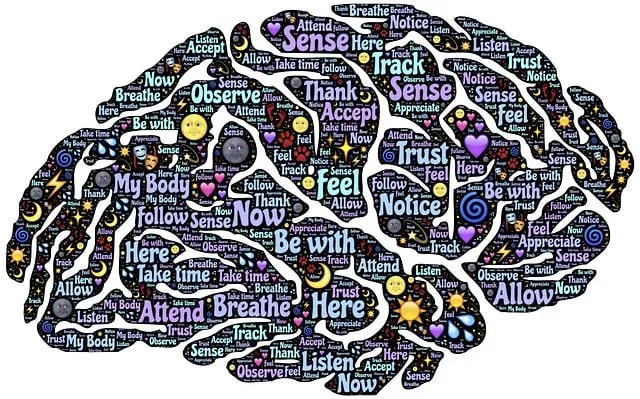
Wheat Ridge Kaiser Permanente Behavioral Health Services takes a holistic approach to emotional intelligence (EQ) development, recognizing that mental well-being is intricately linked to one’s ability to navigate complex human connections and manage their own emotions effectively. Through comprehensive programs designed by experts in the field, they offer tailored interventions aimed at enhancing EQ across all aspects of life.
The organization prioritizes not only individual growth but also fosters a culturally sensitive environment in mental healthcare practice. Their Compassion Cultivation Practices and Stress Management Workshops Organization are testaments to this commitment. By integrating these practices into their services, Wheat Ridge Kaiser Permanente empowers individuals to develop resilience, empathy, and emotional regulation skills, ultimately leading to improved relationships and overall life satisfaction.
Strategies for Enhancing Self-Awareness: The First Step Towards Emotional Intelligence
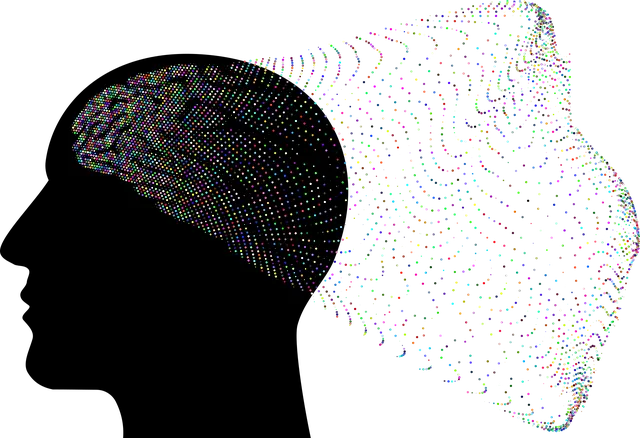
Developing self-awareness is a cornerstone of emotional intelligence and a vital skill to cultivate. It involves recognizing your emotions, understanding their triggers, and interpreting how they influence your thoughts and behaviors. At Wheat Ridge Kaiser Permanente behavioral health services, we emphasize the importance of this first step in enhancing emotional intelligence.
Self-awareness can be fostered through various strategies. Engaging in regular self-reflection allows individuals to become more attuned to their internal experiences. Keeping a journal, for instance, can help you identify recurring patterns in your emotions and the situations that evoke them. Additionally, mental health education programs design activities that encourage mindfulness practices, such as meditation or conscious breathing exercises, which enhance self-awareness by promoting presence in the moment. By regularly assessing and understanding your emotional responses, you lay a solid foundation for developing greater emotional intelligence.
Building Empathy and Social Skills: Navigating Relationships with Emotional Intelligence

Building empathy and social skills is a cornerstone of emotional intelligence, especially within complex healthcare environments like Wheat Ridge Kaiser Permanente behavioral health services. By cultivating empathy, healthcare providers can better understand and connect with patients, fostering a supportive atmosphere that enhances patient care and outcomes. Empathy allows professionals to recognize and validate the feelings and experiences of others, breaking down barriers and promoting open communication. This is particularly crucial in managing chronic conditions or addressing mental health concerns, where building rapport and trust can significantly impact adherence to treatment plans.
Social skills are also integral to navigating relationships within healthcare settings, enabling effective collaboration among multidisciplinary teams. Strategies such as active listening, clear communication, and conflict resolution facilitate harmonious interactions between providers, staff, and patients’ families. This collaborative approach not only reduces stress and burnout, highlighted in Burnout Prevention Strategies for Healthcare Providers, but also enriches the overall work environment through shared learning and problem-solving. Mentored by well-designed Mental Health Education Programs, healthcare professionals can continually refine their emotional intelligence, ensuring they remain attuned to the needs of both patients and colleagues.
Emotional intelligence, as demonstrated by the innovative programs at Wheat Ridge Kaiser Permanente Behavioral Health Services, is a multifaceted skill that significantly enhances personal and professional relationships. By understanding emotional intelligence, developing self-awareness, building empathy, and refining social skills, individuals can effectively navigate their emotions and those of others, fostering healthier and more productive interactions. This holistic approach to EQ development, as showcased by Wheat Ridge Kaiser Permanente, underscores the importance of recognizing, managing, and utilizing emotions for improved communication and overall well-being.
